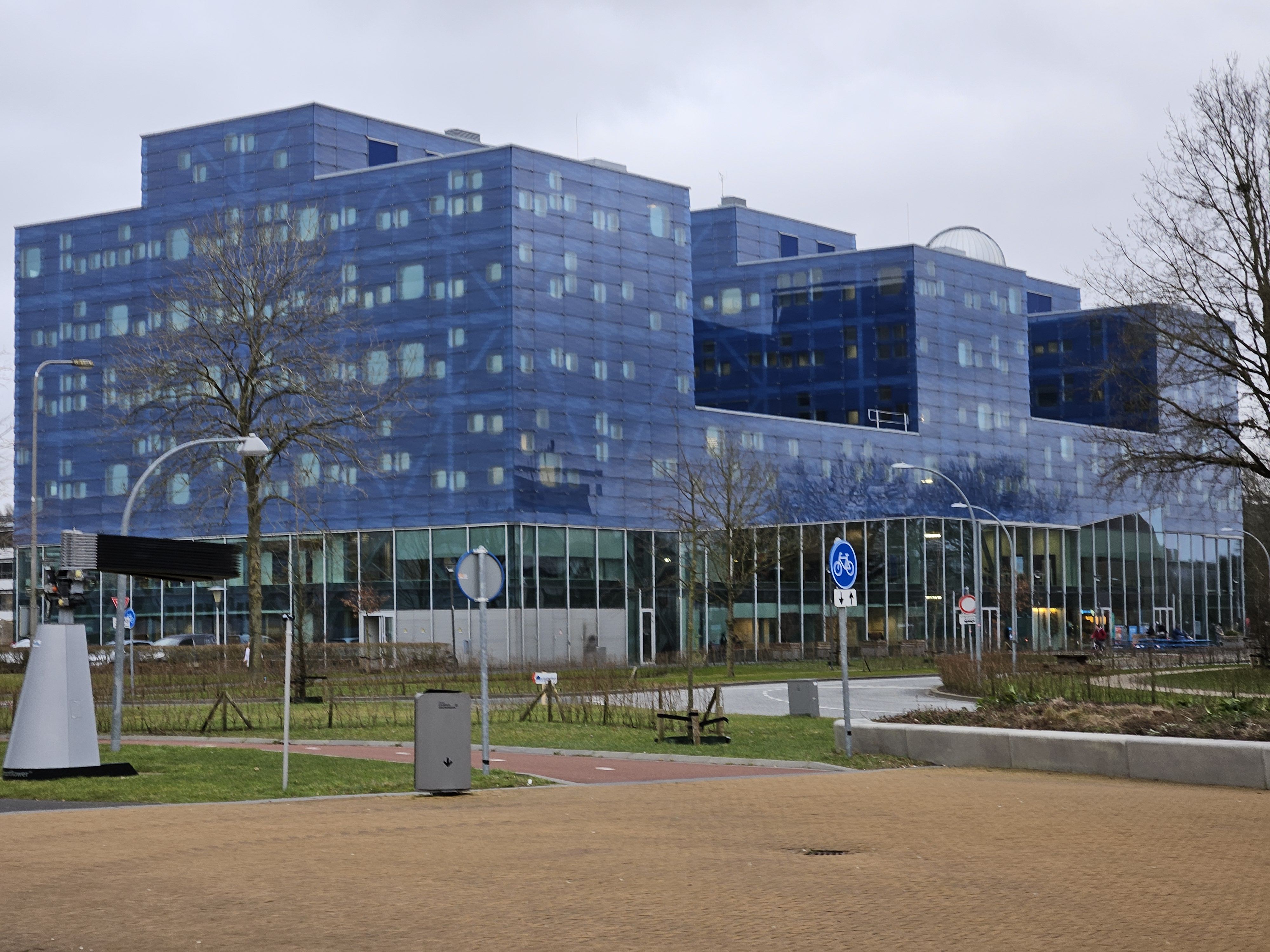Bachelor Projects
Automated Dataset Generator for Wastewater System Simulations
Supervisors:
Dilek Düştegör,
Revin Alief
Date: 2025-01-21
Type: bachelor
Description:
References:
Infoworks ICM Exchange Infoworks Ruby Scripts
Optimizing Graph Neural Networks for Water Level Estimation
Supervisors:
Dilek Düştegör,
Revin Alief
Date: 2025-01-21
Type: bachelor
Description:
References:
Zhang, Z., Tian, W., Lu, C., Liao, Z., & Yuan, Z. (2024). Graph neural network-based surrogate modelling for real-time hydraulic prediction of urban drainage networks. Water Research, 263, 122142. https://doi.org/10.1016/j.watres.2024.122142 Li, M., Shi, X., Lu, Z., & Kapelan, Z. (2024). Predicting the urban stormwater drainage system state using the Graph-WaveNet. Sustainable Cities and Society, 115, 105877. https://doi.org/10.1016/j.scs.2024.105877
Benchmarking AI Workloads on GPU Cluster
Supervisors:
Kawsar Haghshenas,
Mahmoud Alasmar
Date: 2025-01-21
Type: bachelor
Description:
References:
Gao, Wanling, et al. "Data motifs: A lens towards fully understanding big data and ai workloads." Proceedings of the 27th International Conference on Parallel Architectures and Compilation Techniques. 2018., https://arxiv.org/abs/1808.08512 Xiao, Wencong, et al. "Gandiva: Introspective cluster scheduling for deep learning." 13th USENIX Symposium on Operating Systems Design and Implementation (OSDI 18). 2018., https://www.usenix.org/conference/osdi18/presentation/xiao Yang, Charlene, et al. "Hierarchical roofline performance analysis for deep learning applications." Intelligent Computing: Proceedings of the 2021 Computing Conference, Volume 2. Springer International Publishing, 2021., https://arxiv.org/abs/2009.05257
DiTEC project- Unsupervised Learning for Customer Profiles in Water Distribution Networks
Supervisors:
Huy Truong,
Dilek Düştegör
Date: 2025-01-21
Type: bachelor
Description:
References:
Tello, A., Truong, H., Lazovik, A., & Degeler, V. (2024). Large-scale multipurpose benchmark datasets for assessing data-driven deep learning approaches for water distribution networks. Engineering Proceedings, 69(1), 50. https://doi.org/10.3390/engproc2024069050.
Node masking in Graph Neural Networks
Supervisors:
Huy Truong,
Dilek Düstegör
Date: 2025-01-21
Type: bachelor
Description:
References:
Hou, Zhenyu, Xiao Liu, Yuxiao Dong, Chunjie Wang, and Jie Tang. "GraphMAE: Self-Supervised Masked Graph Autoencoders." arXiv preprint arXiv:2205.10803(2022). Abboud, Ralph, Ismail Ilkan Ceylan, Martin Grohe, and Thomas Lukasiewicz. "The surprising power of graph neural networks with random node initialization." arXiv preprint arXiv:2010.01179 (2020). Hajgató, Gergely, Bálint Gyires-Tóth, and György Paál. "Reconstructing nodal pressures in water distribution systems with graph neural networks." arXiv preprint arXiv:2104.13619 (2021). He, Kaiming, Xinlei Chen, Saining Xie, Yanghao Li, Piotr Dollár, and Ross Girshick. "Masked autoencoders are scalable vision learners." In Proceedings of the IEEE/CVF Conference on Computer Vision and Pattern Recognition, pp. 16000-16009. 2022.

